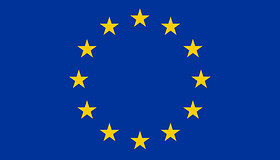H2020 SUSTENANCE
Sustainable and Integrated Energy Systems in Local Communities
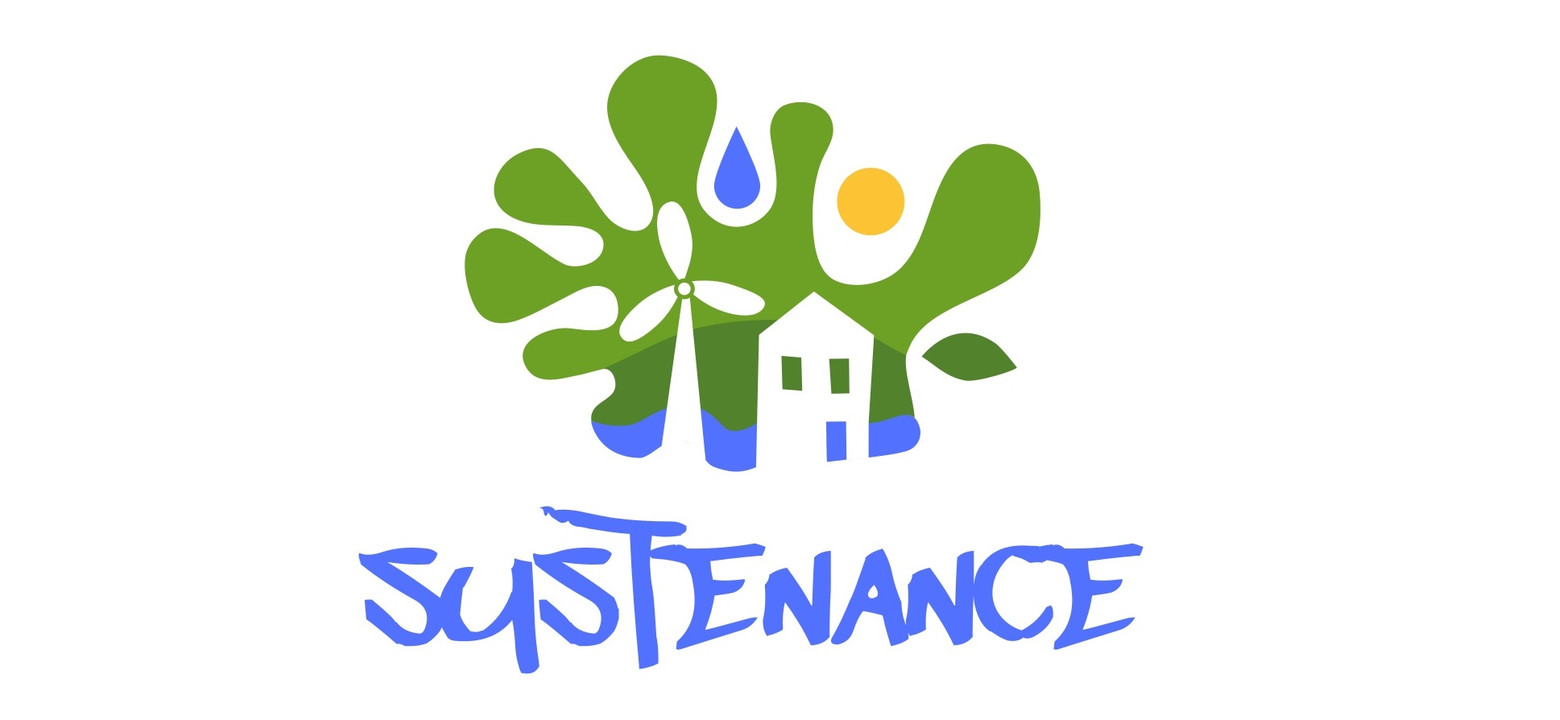
The overall purpose of the SUSTENANCE project is to set up sustainable energy systems for achieving novel carbon neutral energy communities.
The project focus on the development of smart technological concepts ensuring a green transition of the energy systems with higher share of local renewable energy and more efficient integrated energy solutions for the electrical, heat, water, waste as well as transportation infrastructure. The set up solutions will at the same time have good socio-economic impact in the local communities and ensure ecofriendly solutions and good infrastructures, which provides support to sustaining the essentials of life.
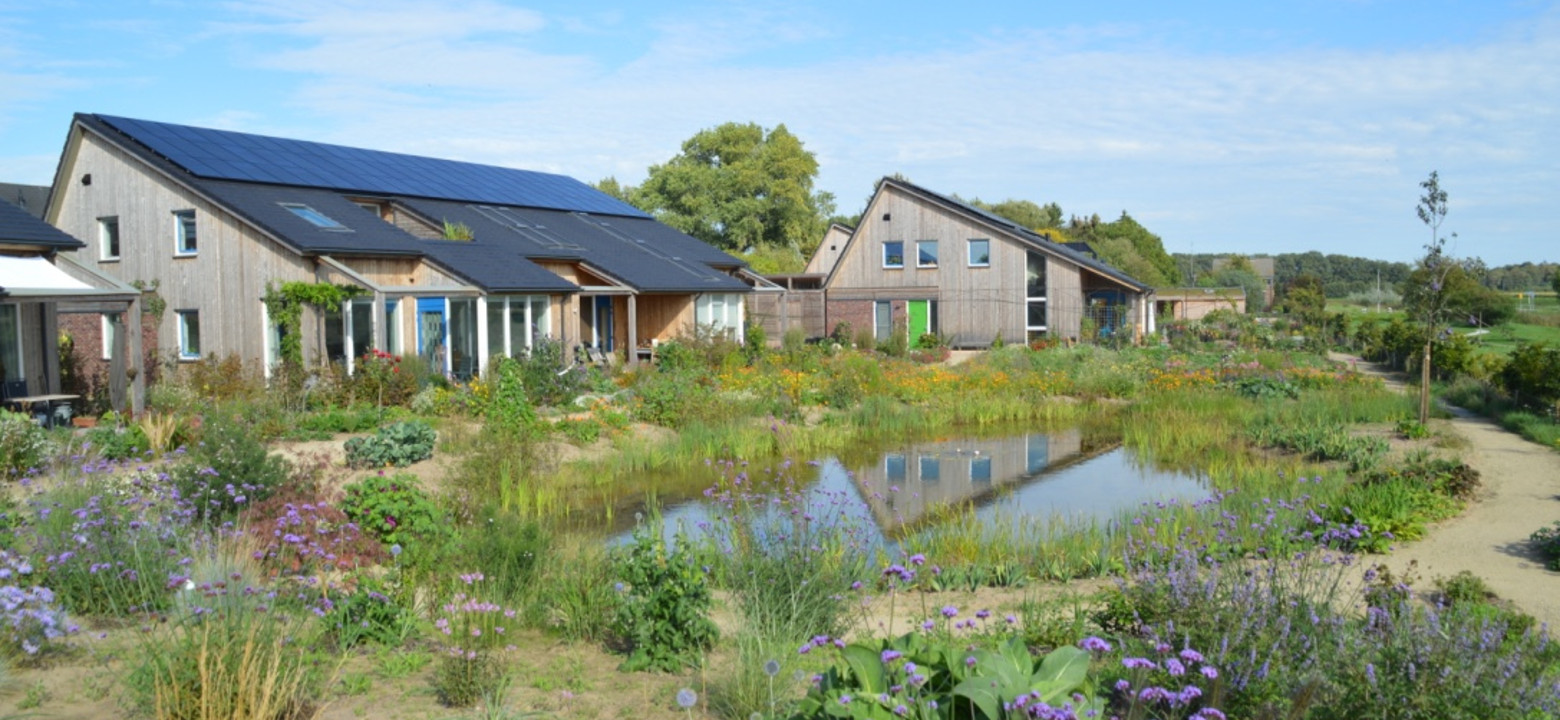
Vriendenerf neighbourhood, Oolst
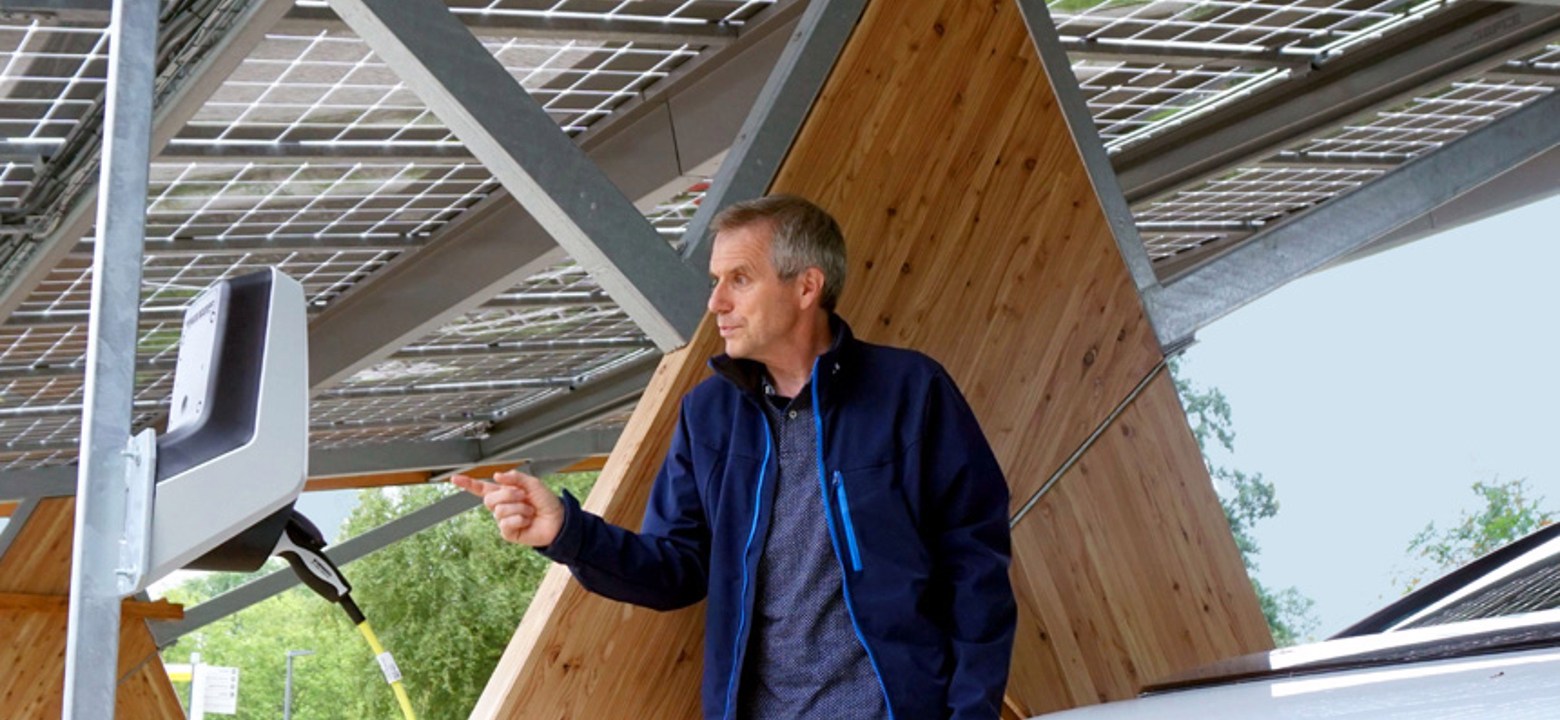
Smart charging station, UT, Enschede
The demonstration activities are set up in four countries: Denmark, India, Netherlands and Poland. These countries have different local energy resources, socio-economic, user behavior, political structures, market conditions and regulations. The project will show how same technical concepts such as coupling of different energy vectors, storage solutions, demand response, intelligent control schemes and digitalization can be applied to all demonstration cases despite the huge differences in the local conditions and regulations. Road maps will be set up based on these technical solutions together with guidelines for methods for user engagement and ensuring cooperation among the users in relevant cases leading to cooperatives.
Finally, business cases will be set up for the different demonstration sites seen from both user perspective, small enterprises and utility point of view taking into account the local conditions. In this way, synergy effects with inputs from the different demonstration sites are expected and the results give abundant possibilities for maximum impact and replication in other local communities in the four countries as well as in societies worldwide.
Saxion research activities
In collaboration with the Saxion research group on sustainable energy systems (SES) and the research group ambient intelligence (AmI) are contributing to the Dutch pilot and research activities. The Dutch demonstrator currently involves the Vriendenerf housing association (https://www.vriendenerf.nl/) where multiple sustainable houses are equipped with various types of flexible appliances, PV generation and an electric vehicle charging pole. Also, part of the Dutch demonstrator is the smart PV charging parking at the University of Twente. The ultimate goal is to operate the living lab (almost) autarkic from the main utility grids.
Project General Information
-
The project started in May 2021 and ended in December 2024.
- Latest news at Linkedin
- H2020 Project information
- Check out the Sustenance press release
- Read more at the project website
Project Partners
- Denmark: Aalborg Universitet (coordinator), Skanderborg Kommune, Fagsekretariatet Børn og Unge, AURA Energi Amba, Neogrid Technologies APS DK, Suntherm APS DK, Bjerregaard Consulting Aps. DK
- The Netherlands: Saxion University, University of Twente
- Poland: Instytut Maszyn Przeplywowych, IM ROBERTA SZEWALSKIEGO POLSKIEJ AKADEMIINAUK - IMP PAN PL, ENERGA OPERATOR SA PL, STAY-ON Energy Management sp. z o.o. PL, KEZO Foundation at Polish Academy of Science Research Centre PL, Wlasnosciowa Spoldzielnia Mieszkaniowa im. A. Mickiewicza w Sopocie PL
- India: Indian Institute of Technology Bombay, Indian Institute of Science, Indian Institute of technology Kharagpur, Indian Institute of Technology (Banaras Hindu University), Varanasi, National Institute of Technology Society Tiruchirappalli IN, National Institute of Technology Silchar IN, Visvesvaraya National Institute of Technology (VNIT), Nagpur, India IN, Motilal Nehru National Institute of Technology Allahabad IN.
More information about this project?
Read moreContact information


dr. ir. Wouter Teeuw
Lector Ambient Intelligence
06 - 2091 7481 [email protected] Profiel LinkedIn ResearchGate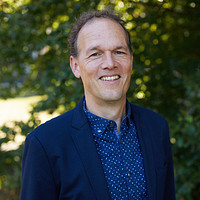
dr. ir. Richard van Leeuwen
Lector Sustainable Energy Systems
06 - 1089 2455 [email protected] ProfielFinancing
The project has received funding from the European Union’s Horizon 2020 research and innovation programme under grant agreement No 95768
